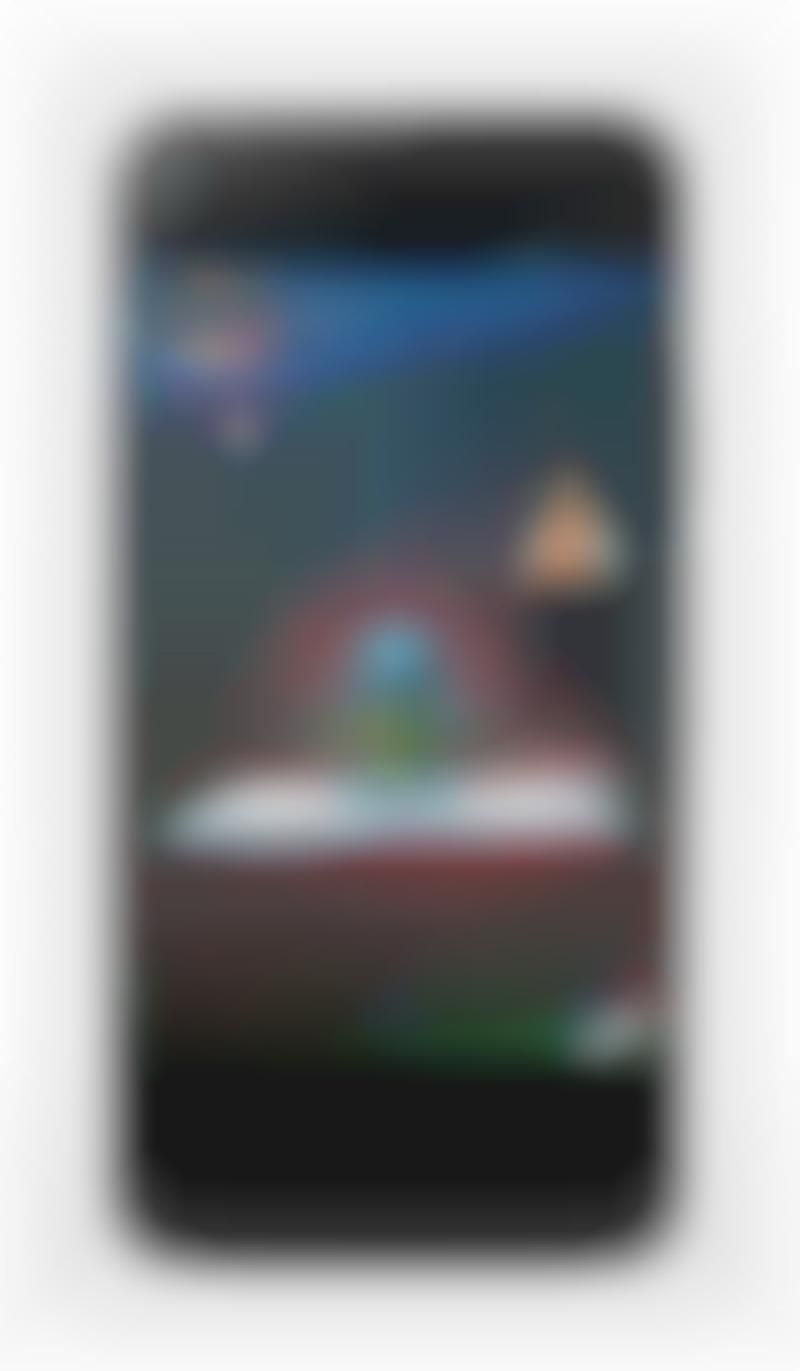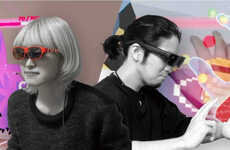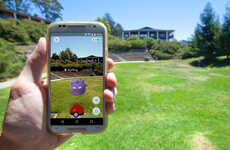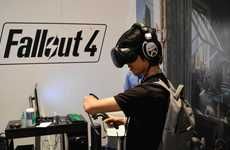
The 'Pokemon Go' Game Integrates Mobile and Wearable Technology
Laura McQuarrie — June 17, 2016 — Tech
At this year's E3 conference, Nintendo released some new developments on its Pokémon Go game.
This augmented reality game challenges players to virtually catch Pokémon in real life using their smartphone and an optional wearable device. With the wristband, when a Pokémon is detected nearby, the LED lights on the band will blink in the color green to signal that a user should press on the Pokéball to try and capture the creature. While use of the wearable is not necessary since it is sold separately, it does allow players to cut down on the use of their smartphone screens.
Once a Pokémon has been successfully captured, players will be able to level up the anime monsters and engage in battles to take over local gyms.
This augmented reality game challenges players to virtually catch Pokémon in real life using their smartphone and an optional wearable device. With the wristband, when a Pokémon is detected nearby, the LED lights on the band will blink in the color green to signal that a user should press on the Pokéball to try and capture the creature. While use of the wearable is not necessary since it is sold separately, it does allow players to cut down on the use of their smartphone screens.
Once a Pokémon has been successfully captured, players will be able to level up the anime monsters and engage in battles to take over local gyms.
Trend Themes
1. Augmented Reality Gaming - The integration of mobile and wearable technology in games like 'Pokemon Go' opens up opportunities for immersive augmented reality gaming experiences.
2. Wearable Gaming Accessories - The emergence of wearable devices like the Pokemon Go wristband presents opportunities for the development of innovative gaming accessories that enhance user experience.
3. Virtual Creature Capture - The trend of virtual creature capture in real-life settings, as seen in 'Pokemon Go,' creates opportunities for new games and applications that merge the virtual and physical worlds.
Industry Implications
1. Gaming - The gaming industry can explore the potential of augmented reality games to create engaging and immersive experiences for players.
2. Wearable Technology - The wearable technology industry can capitalize on the demand for gaming accessories that seamlessly integrate with mobile devices.
3. Mobile Applications - The mobile application industry can harness augmented reality technology to develop innovative applications that blur the line between the digital and physical realms.
2.1
Score
Popularity
Activity
Freshness























